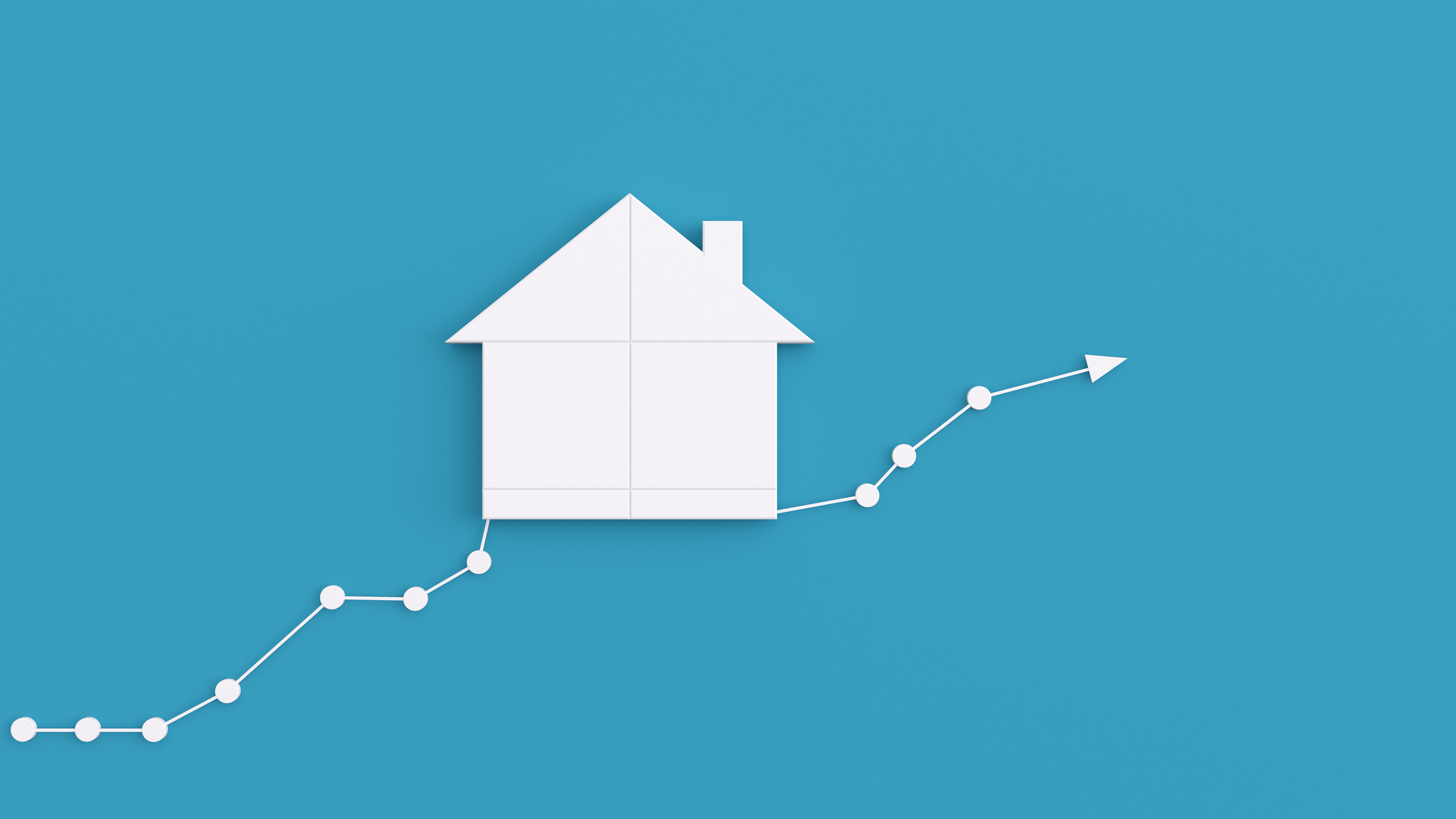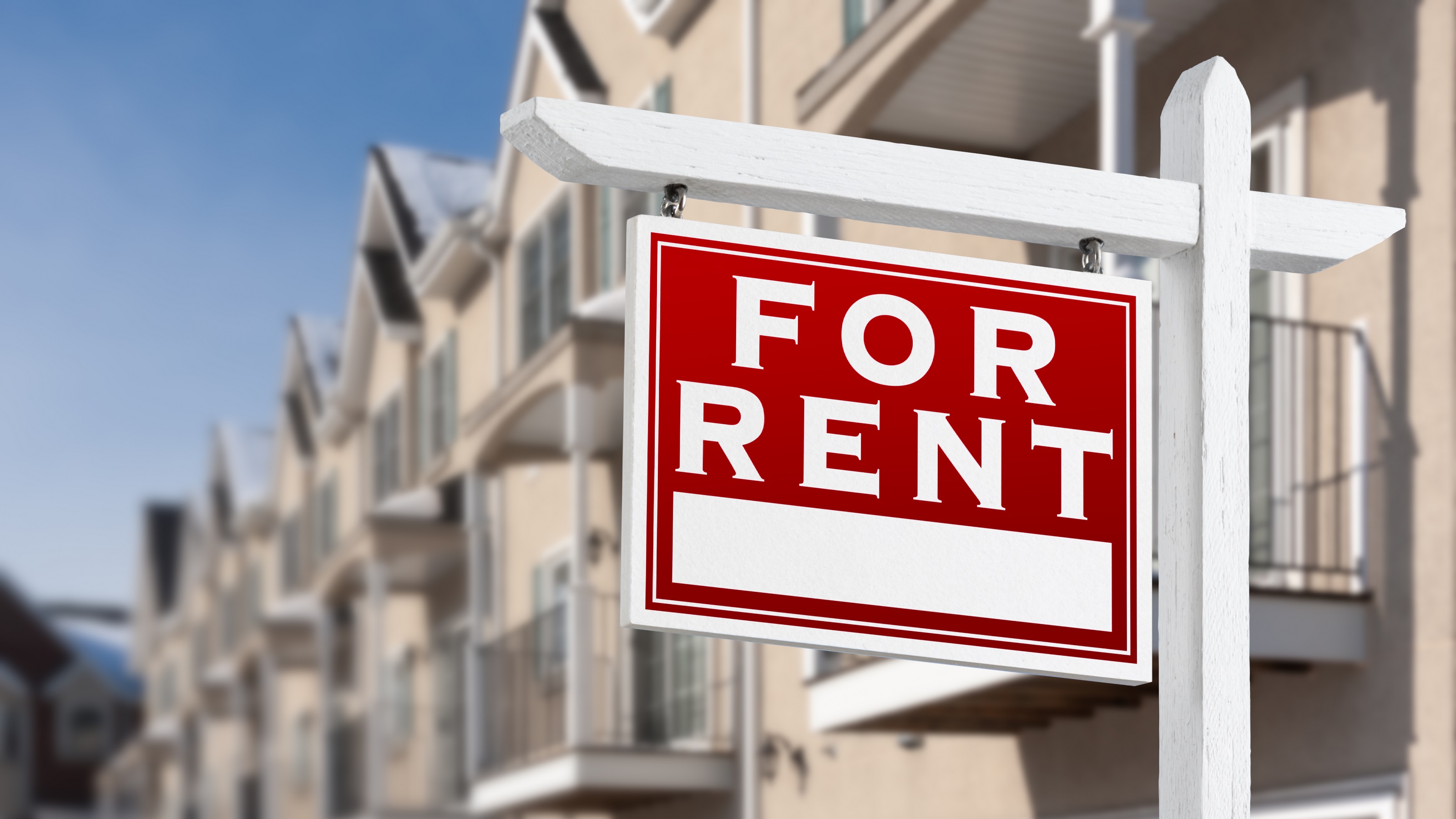If Downsizing, Consider How You'll Finance a New Home
Should you pay cash for your new house? Your money may earn more in other investments.
Profit and prosper with the best of Kiplinger's advice on investing, taxes, retirement, personal finance and much more. Delivered daily. Enter your email in the box and click Sign Me Up.
You are now subscribed
Your newsletter sign-up was successful
Want to add more newsletters?

Delivered daily
Kiplinger Today
Profit and prosper with the best of Kiplinger's advice on investing, taxes, retirement, personal finance and much more delivered daily. Smart money moves start here.

Sent five days a week
Kiplinger A Step Ahead
Get practical help to make better financial decisions in your everyday life, from spending to savings on top deals.

Delivered daily
Kiplinger Closing Bell
Get today's biggest financial and investing headlines delivered to your inbox every day the U.S. stock market is open.

Sent twice a week
Kiplinger Adviser Intel
Financial pros across the country share best practices and fresh tactics to preserve and grow your wealth.

Delivered weekly
Kiplinger Tax Tips
Trim your federal and state tax bills with practical tax-planning and tax-cutting strategies.

Sent twice a week
Kiplinger Retirement Tips
Your twice-a-week guide to planning and enjoying a financially secure and richly rewarding retirement

Sent bimonthly.
Kiplinger Adviser Angle
Insights for advisers, wealth managers and other financial professionals.

Sent twice a week
Kiplinger Investing Weekly
Your twice-a-week roundup of promising stocks, funds, companies and industries you should consider, ones you should avoid, and why.

Sent weekly for six weeks
Kiplinger Invest for Retirement
Your step-by-step six-part series on how to invest for retirement, from devising a successful strategy to exactly which investments to choose.
The kids are safely out on their own and retirement is at hand. If you're planning to sell your now oversized home for something smaller and easier to maintain, the first issue you'll need to tackle is how you'll finance the new house.
Take Our Quiz: How Smart of a Home Buyer Are You?
Most downsizers no longer need to worry about taxes. For couples filing jointly who have lived in their home for at least two of the five years leading up to the sale, $500,000 in profit is tax-free. Many downsizers who are flush with cash from the sale of their old home, choose to buy their new home outright, freeing themselves from monthly mortgage payments. Although this might sound attractive, it may not be your best option, especially if you consider the tax benefits.
Crunching the Numbers
Let's compare the Smiths and the Joneses. Both couples, comfortably in the 25% tax bracket, collected a cool $80,000 on the sale of their old homes and have their eyes on a tony little lake community with houses in the $200,000 range.
From just $107.88 $24.99 for Kiplinger Personal Finance
Become a smarter, better informed investor. Subscribe from just $107.88 $24.99, plus get up to 4 Special Issues

Sign up for Kiplinger’s Free Newsletters
Profit and prosper with the best of expert advice on investing, taxes, retirement, personal finance and more - straight to your e-mail.
Profit and prosper with the best of expert advice - straight to your e-mail.
Both couples took 15-year fixed-rate mortgages at 5% interest. (You may be able to get a 15-year mortgage for as little as 3%.)
The Smiths decided to put the full $80,000 down on the house, believing that they'd save more by having a lower monthly payment ($949 for principal, interest).
The Jones opted to put only 20% (or $40,000) down to avoid paying private mortgage insurance. They invested the other $40,000 in a balanced portfolio of stocks and bonds earning an average 6% annually. Their monthly payment is higher -- $1,265 for principal, interest -- but by the end of the loan term they actually have about $2,000 more than the Smiths because of higher tax deductions and earnings from their investments.
See Also Home Buyer's Survival Kit
If your investment returns are higher or the mortgage rate lower, the returns would be even greater. And that's not even counting the home's appreciation and the power of leverage (using borrowed money to generate a return).
In addition to a bigger bottom line, mortgagers like the Jones enjoy increased liquidity by not tying up cash in real estate, which could be hard to sell in an emergency.
Keep in mind, though, that qualifying for a mortgage as a retiree can be more difficult than qualifying during your working days. And your estate-planning goals may also influence how you decide to pay for your new home.
Before you make a commitment to pay cash or borrow, run your proposal by an estate lawyer to make sure it complements your overall plan and doesn't create problems for your heirs.
Profit and prosper with the best of Kiplinger's advice on investing, taxes, retirement, personal finance and much more. Delivered daily. Enter your email in the box and click Sign Me Up.
-
 How Much It Costs to Host a Super Bowl Party in 2026
How Much It Costs to Host a Super Bowl Party in 2026Hosting a Super Bowl party in 2026 could cost you. Here's a breakdown of food, drink and entertainment costs — plus ways to save.
-
 3 Reasons to Use a 5-Year CD As You Approach Retirement
3 Reasons to Use a 5-Year CD As You Approach RetirementA five-year CD can help you reach other milestones as you approach retirement.
-
 Your Adult Kids Are Doing Fine. Is It Time To Spend Some of Their Inheritance?
Your Adult Kids Are Doing Fine. Is It Time To Spend Some of Their Inheritance?If your kids are successful, do they need an inheritance? Ask yourself these four questions before passing down another dollar.
-
 Will Lower Mortgage Rates Bring Relief to the Housing Market?
Will Lower Mortgage Rates Bring Relief to the Housing Market?The Kiplinger Letter As mortgage rates slowly come down here's what to expect in the housing market over the next year or so.
-
 Commercial Real Estate Outlook 2024: The Kiplinger Letter
Commercial Real Estate Outlook 2024: The Kiplinger LetterThe Kiplinger Letter In 2024, expect hybrid and work-from-home trends, tighter budgets, rising rents and the demand for data centers to continue.
-
 Delinquent CRE Loans Are on the Rise: The Kiplinger Letter
Delinquent CRE Loans Are on the Rise: The Kiplinger LetterThe Kiplinger Letter Banks are expanding their efforts to restructure CRE loans to avoid losses from the commercial real estate sector.
-
 As Mortgage Rates Rise, Renting Is Now Cheaper Than Buying for Many: The Kiplinger Letter
As Mortgage Rates Rise, Renting Is Now Cheaper Than Buying for Many: The Kiplinger LetterThe Kiplinger Letter A jump in mortgage rates has caused housing affordability to slump and priced many first-time home buyers out of the market.
-
 Rental Market Will Slow Through 2023: The Kiplinger Letter
Rental Market Will Slow Through 2023: The Kiplinger LetterThe Kiplinger Letter Expected growth in the rental market is likely to remain slow for the rest of the year amid a slow housing market and cooling economy.
-
 How to Set the Price to Sell Your Home
How to Set the Price to Sell Your Homereal estate If you're selling your home, setting the right price is crucial. Don't overprice or you'll scare away prospective buyers.
-
 WFH Impact on Commercial Real Estate Market: Kiplinger Economic Forecasts
WFH Impact on Commercial Real Estate Market: Kiplinger Economic ForecastsEconomic Forecasts Commercial real estate continues to struggle. Office vacancies hit 18.9% in the second quarter of 2023.
-
 Greenland, U.S. Plans to Boost Tourist Economy: Kiplinger Economic Forecasts
Greenland, U.S. Plans to Boost Tourist Economy: Kiplinger Economic ForecastsEconomic Forecasts A U.S. congressional effort could see some Canadian visitors get longer stays, meanwhile, Greenland bids to be the next vacation hotspot.